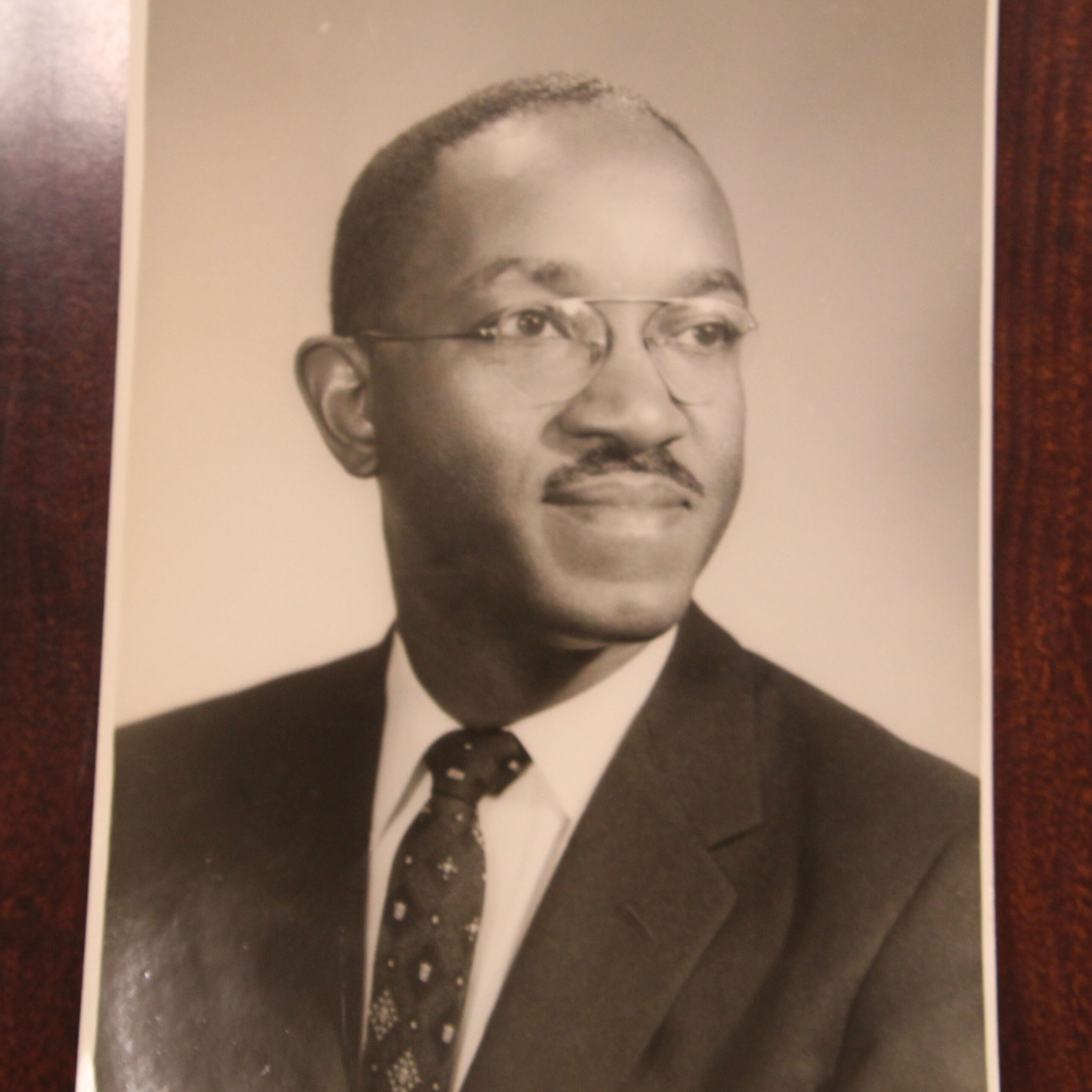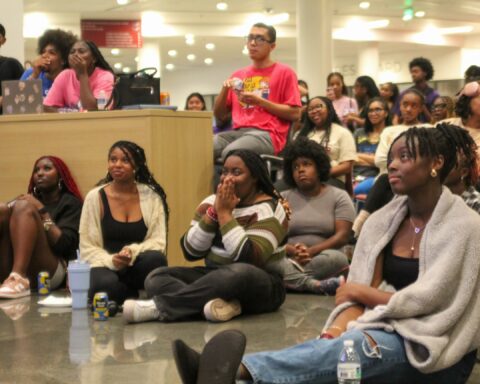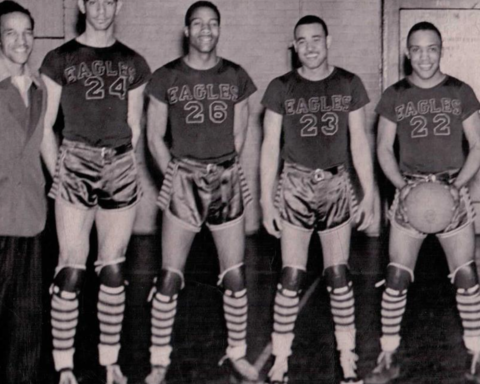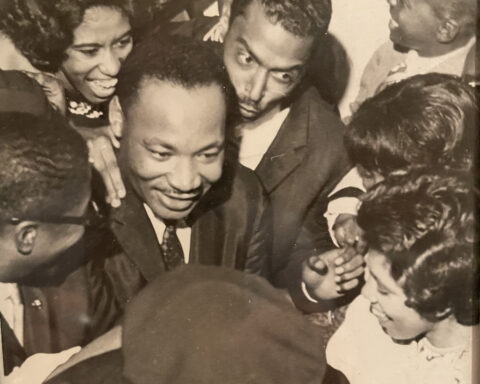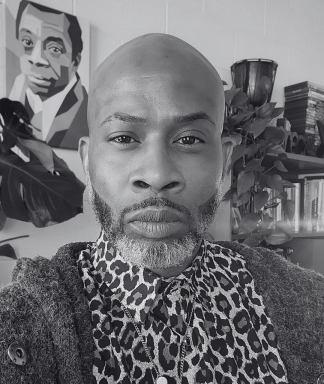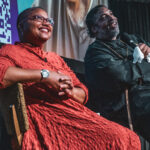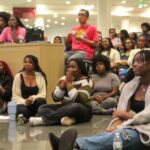“From Slavery to Freedom: From Durham to the World, Commemorating More than Three-Quarters of a Century of Publication” will introduce the work and legacy of John Hope Franklin. The Oct. 24 symposium will be held at N.C. Central University’s New Student Center.
Born in Oklahoma in 1915, Franklin was the only child to Mollie Parker Franklin and Buck Colbert Franklin, the latter being the attorney who represented the victims of the 1921 Tulsa Race Massacre, a race riot that took the lives of at least 300 people.
Franklin would go on to obtain his bachelor’s at Fisk University in 1935. He continued his education in Harvard and received his doctorate in 1941. Shortly after, he began a decades-long career as an historian, activist and pioneer, teaching throughout the world, including Duke University and NCCU.
NCCU archivist Andre Vann, an instructor in public history, said that people wanted to take pictures with the historian. “He was a rockstar in history,” he said.
Charles Johnson, NCCU’s history chair, agreed, adding that while Franklin “embodied African American history,” he remained “genuine and down-to-earth.”
“He understood that he represented more than just being a historian,” he said. “Yet remained firmly on the ground.”
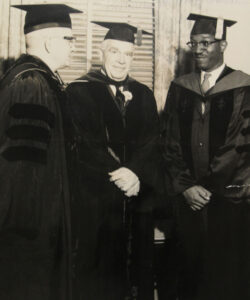
According to Vann, it was on sloping hills and verdant green, where Franklin stumbled upon George Washington Williams, a historian who had already published two volumes on African American history.
“It [William’s work] helped give him the idea of how to chronicle the experience of African Americans and tell that story,” Vann said.
Those ideas led to the writing of “From Slavery to Freedom,” published in 1947 and currently in its tenth edition. Johnson said that Franklin’s work “helped define the field of African American history.”
“The text nurtured generations of historians,” he said. Vann agreed, saying that Franklin and Williams’ work is part of a “continuum” of the study of black history. “The saying goes: that a turtle doesn’t just end upon the lamppost. Someone has to put him there.”
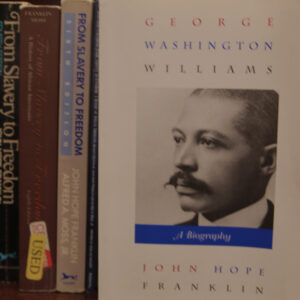
Moreover, Johnson said Franklin’s decision to start his book with the nations in Africa, highlights the importance of how people make decisions based on who they were. “If we started with slavery, and not dealt with the fact that we were empire builders … we would think that we came a long way, not recognizing that it [slavery] was just an episode.”
The Oct. 24 symposium is free for NCCU and Duke students and is the first day of the two day symposium. Duke will host the second day on the 25th at the David M. Rubenstein Rare Book & Manuscript Library on Duke’s West Campus. On the first day, scholars and academics all over the country will be at the New Student Center.
John Whittington Franklin, Franklin’s surviving son, will be participate with his wife, Karen. NCCU’s Vann and Johnson are panelists, along with NCCU Emeritus Professor Freddie Parker and Howard University historian Elizabeth Clark-Lewis.
Harvard Professors Jarvis Givens and Evelyn Higginbotham are a few of many panelists who will meet and answer community questions.
Vann said that the variety of academic educators attending represent the “generational relationship this man received and the amount of respect that came with it.”

